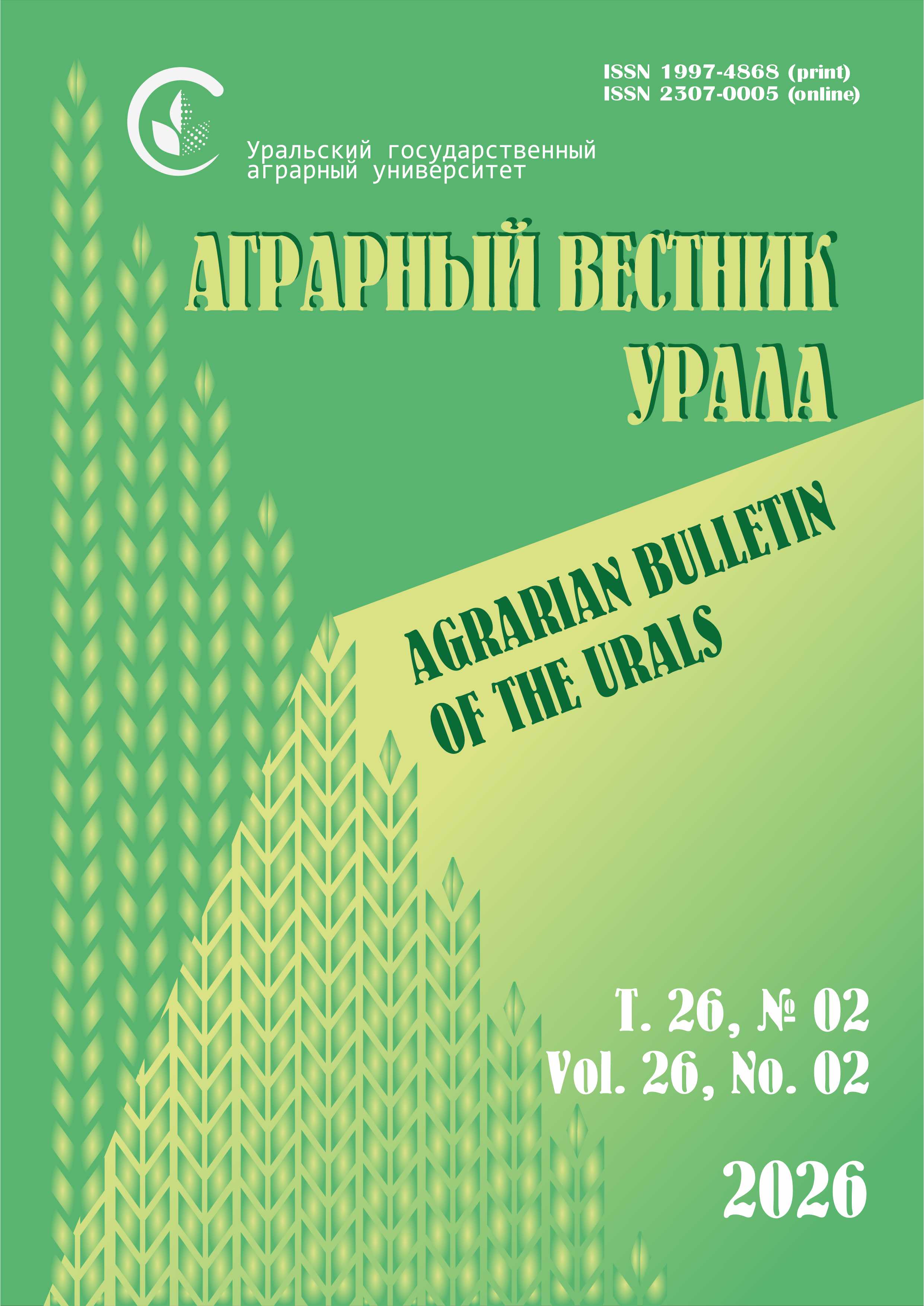A. M. Terekhov1, 2, A. O. Ovcharov1
1 Lobachevsky State University of Nizhny Novgorod, Nizhny Novgorod, Russia
2 Russian State University of Justice, Moscow, Russia
E-mail: This email address is being protected from spambots. You need JavaScript enabled to view it.
Volume 25 No. 8
Date of paper submission: 14.01.2025, date of review: 18.03.2025, date of acceptance: 14.04.2025.
Published: 08/31/2025
Abstract. The purpose of the study is to analyze the sustainability of agricultural industries in various countries during the periods of two global crises that have consistently developed over the past few years and caused significant economic damage: the pandemic crisis and the global energy crisis. The transmission of instability was analyzed in the context of the concept of financial contagion, where the volatility of global oil and gas stock indices was considered as a destabilizer of agricultural markets, and agricultural industries of various countries were considered as recipients of financial contagion. Methods. Analysis of scientific literature, graphical analysis of volatility, econometric modeling through the construction of DCC-GARCH models, comparison were used. Scientific novelty. For the first time, an analysis of the interaction between global oil/gas energy indices and sectoral agricultural indices (investment funds) of various countries has been carried out, which allowed us to obtain new estimates of the impact of the shocks under consideration on the agricultural sectors of these countries. Results. It has been established that during the pandemic crisis, the oil market was the main distributor of financial contagion, and during the energy crisis, the natural gas market. These two crises had a negative impact mainly on the agricultural sectors of Europe, the USA and China. The biggest damage was caused to the US agricultural market, which turned out to be the most vulnerable of the sample of countries under consideration. The countries of the Asian region (except China) showed relative resistance to contagion, while Japan showed absolute stability. The reasons for the immunity of individual countries' industries to contagion include the following: wide opportunities for diversifying oil and gas imports, the availability of reliable suppliers and long-term contracts for the supply of energy resources, and a relatively low share of the agricultural sector in the GDP structure. It is concluded that the resilience to contagion in developing economies is associated with a high proportion of foreign investment in these countries.
Keywords: financial contagion, energy crisis, pandemic crisis, agriculture, industry indices, investment funds, volatility transmission, contagion channels
Acknowledgements. The research was carried out at the expense of the grant of the Russian Science Foundation No. 24-28-00124, https://rscf.ru/en/project/24-28-00124
For citation: Terekhov A. M., Ovcharov A. O. Analysis of the sustainability of the agricultural sector in the pandemic and energy crises in the context of the theory of financial contagion (country aspect). Agrarian Bulletin of the Urals. 2025; 25 (08): 1301‒1314. https://doi.org/10.32417/1997-4868-2025-25-08-1301-1314 (In Russ.)
Download the full text of the article












